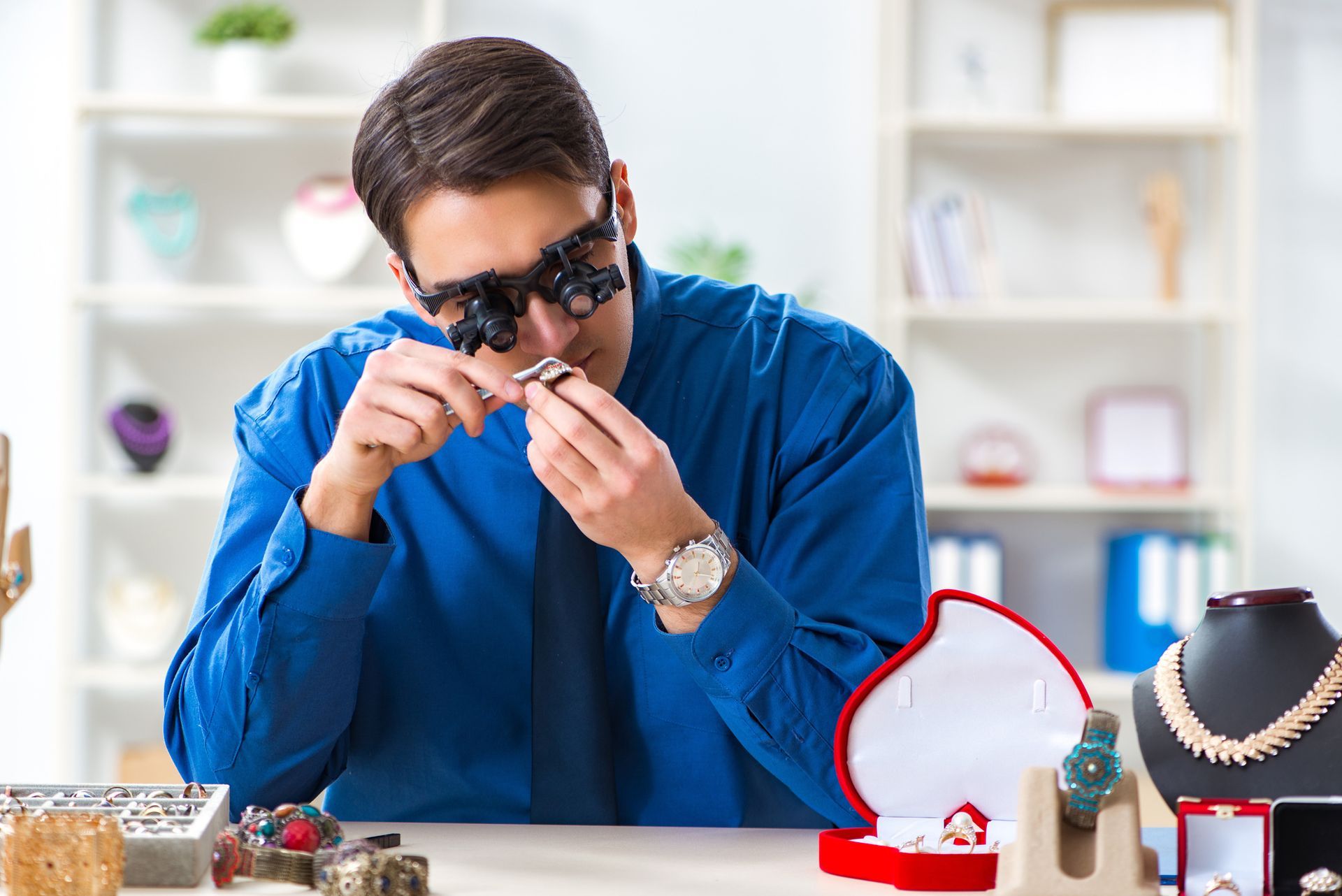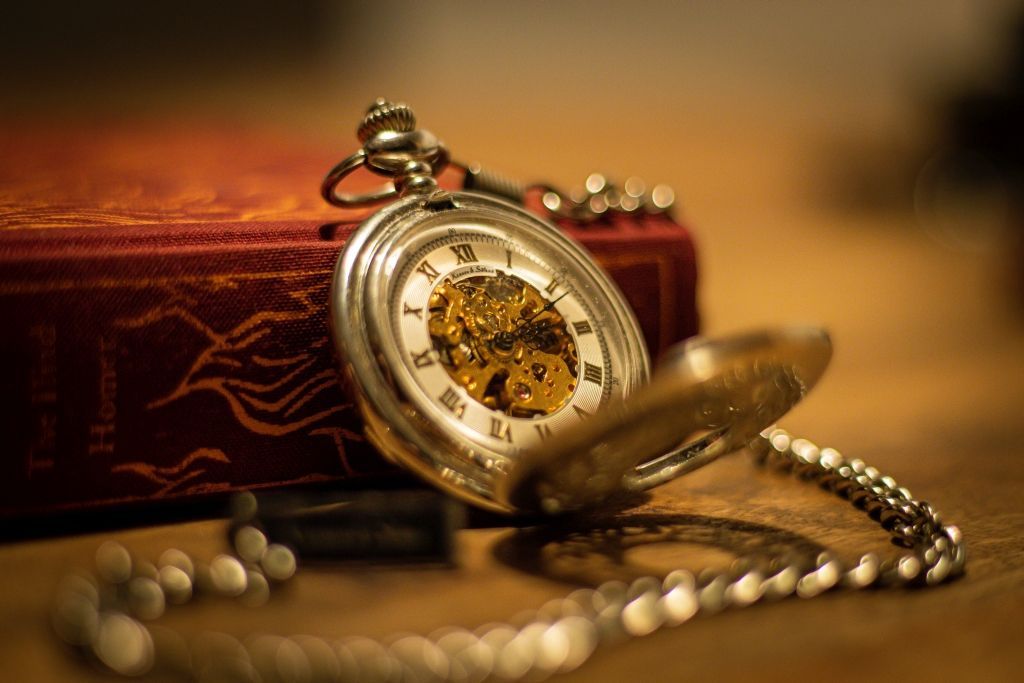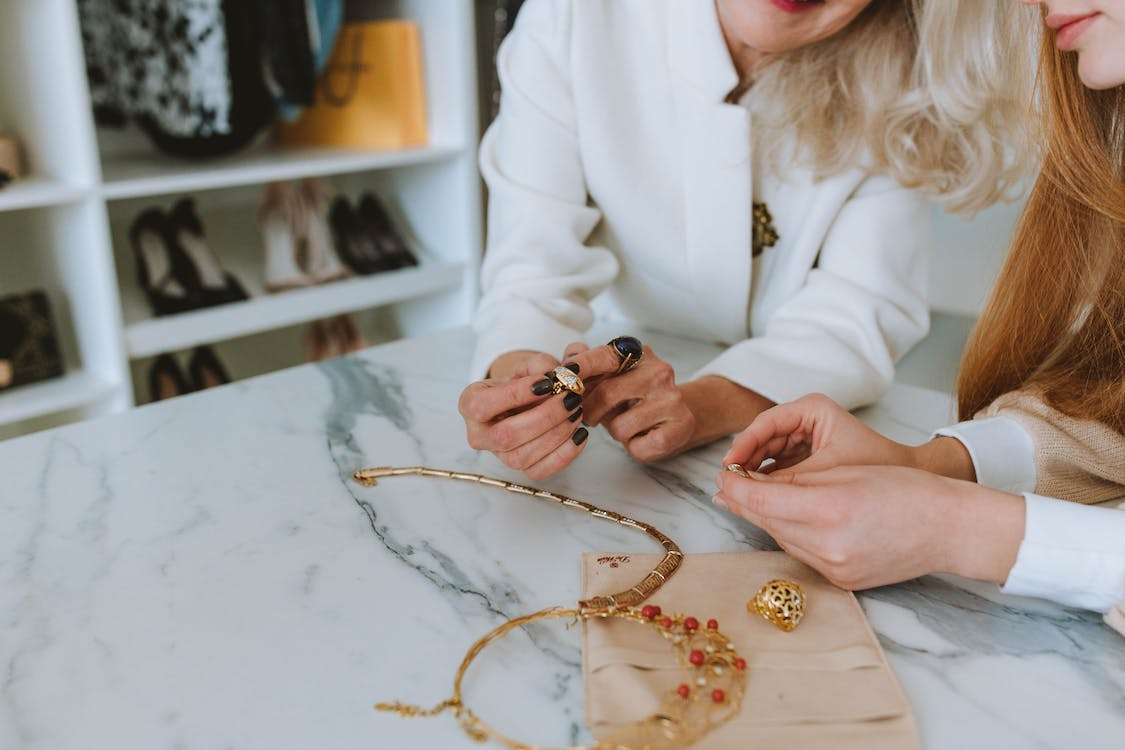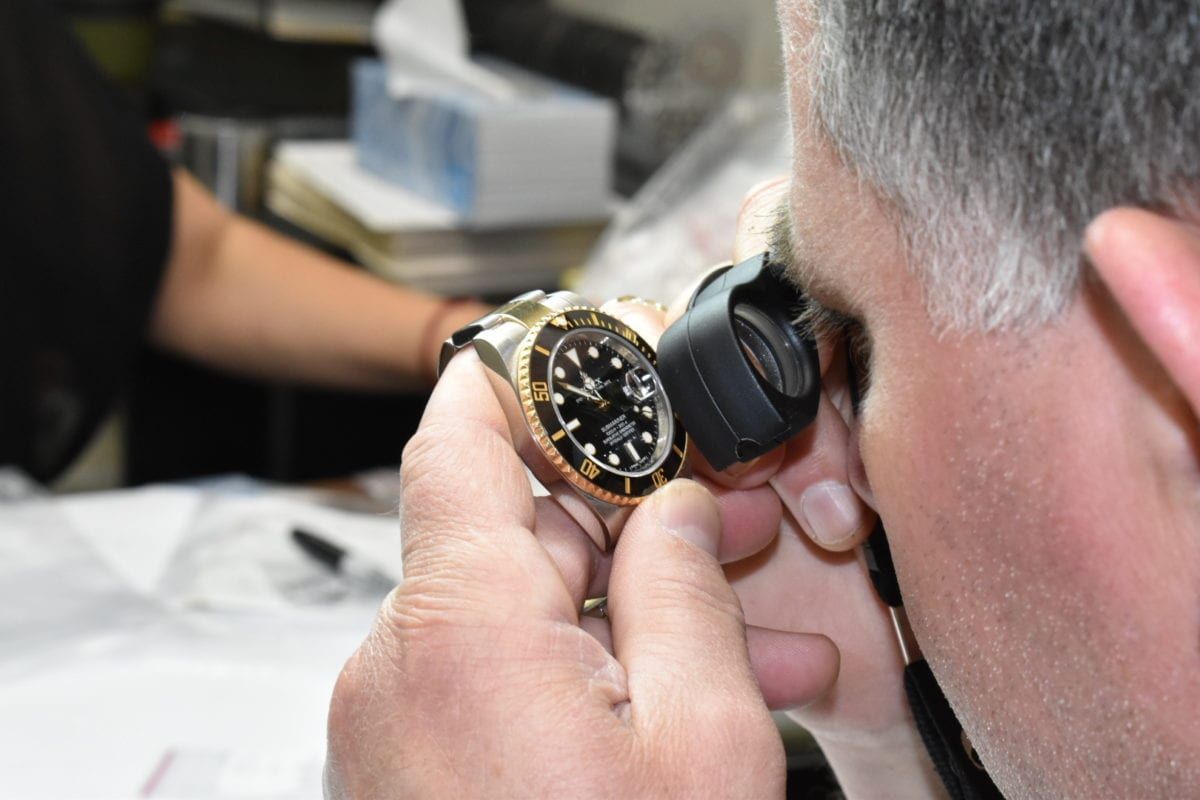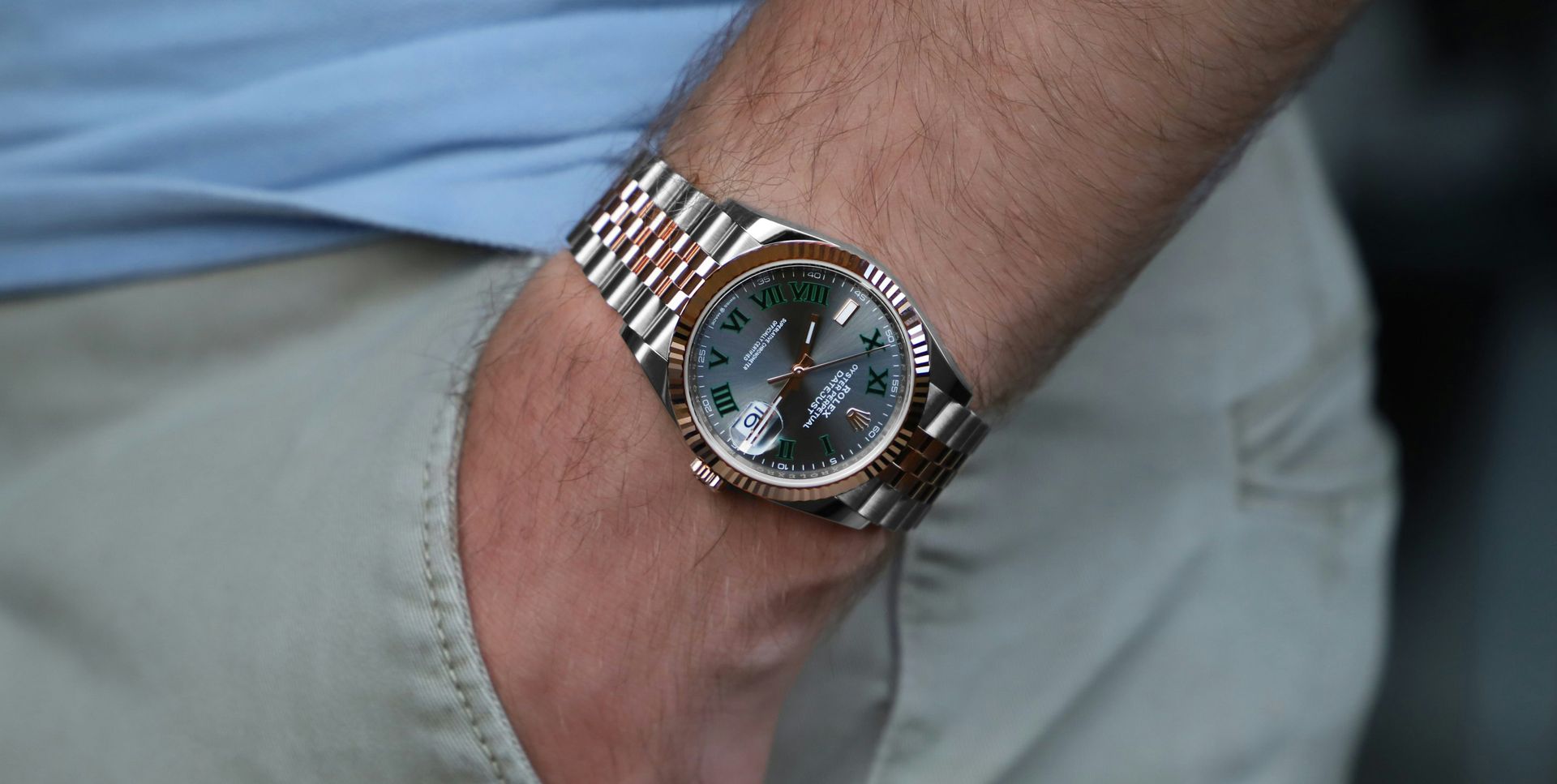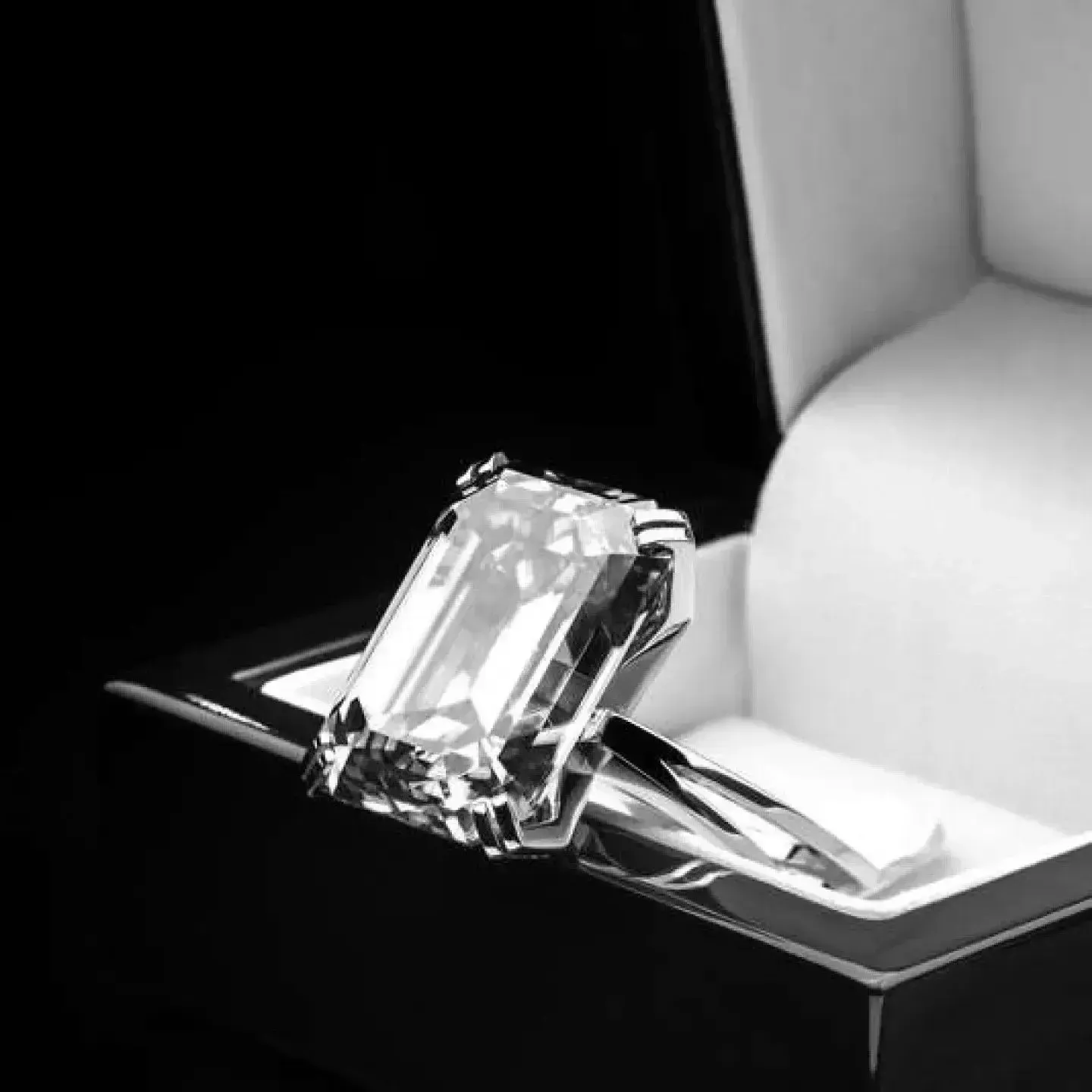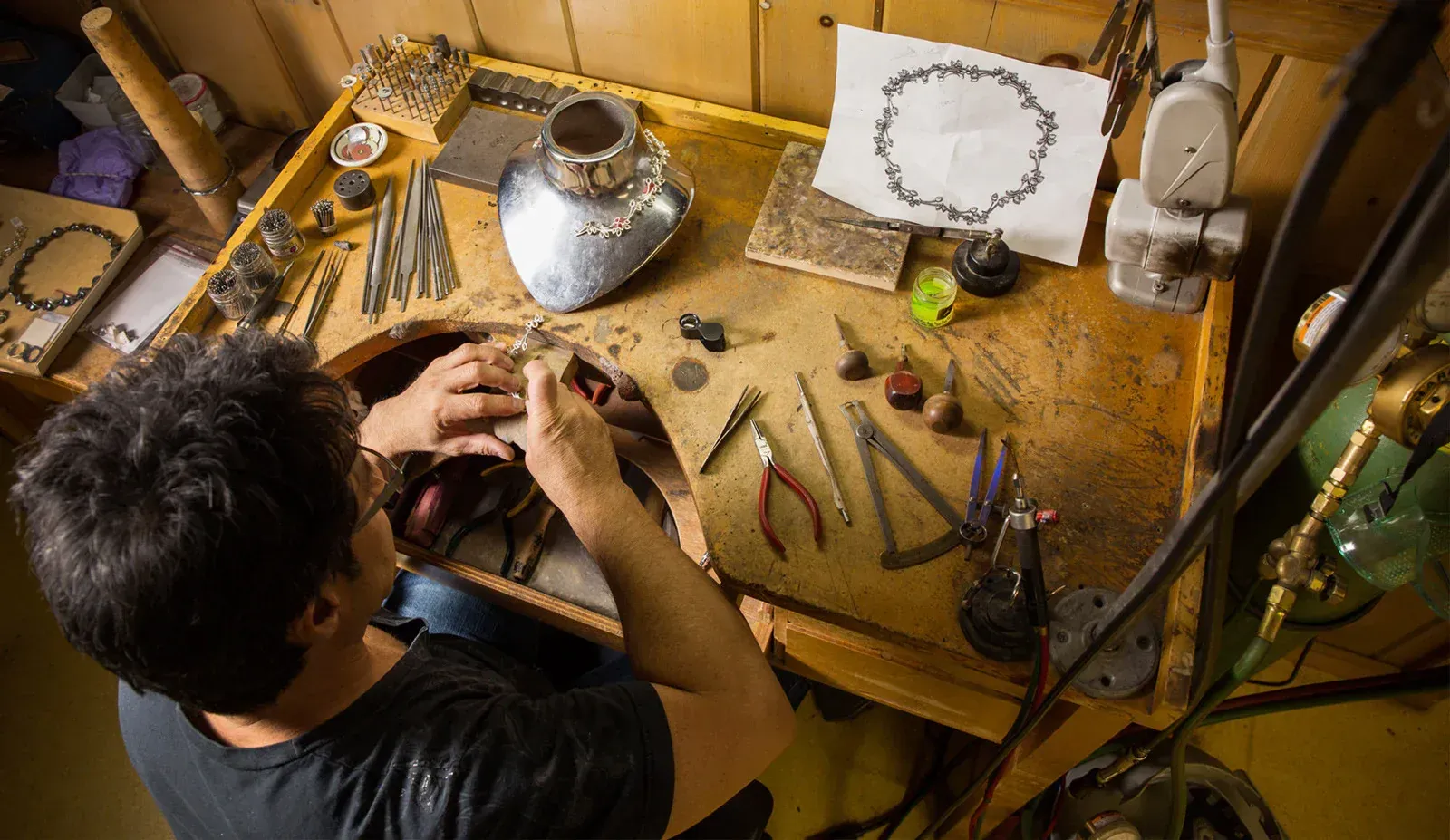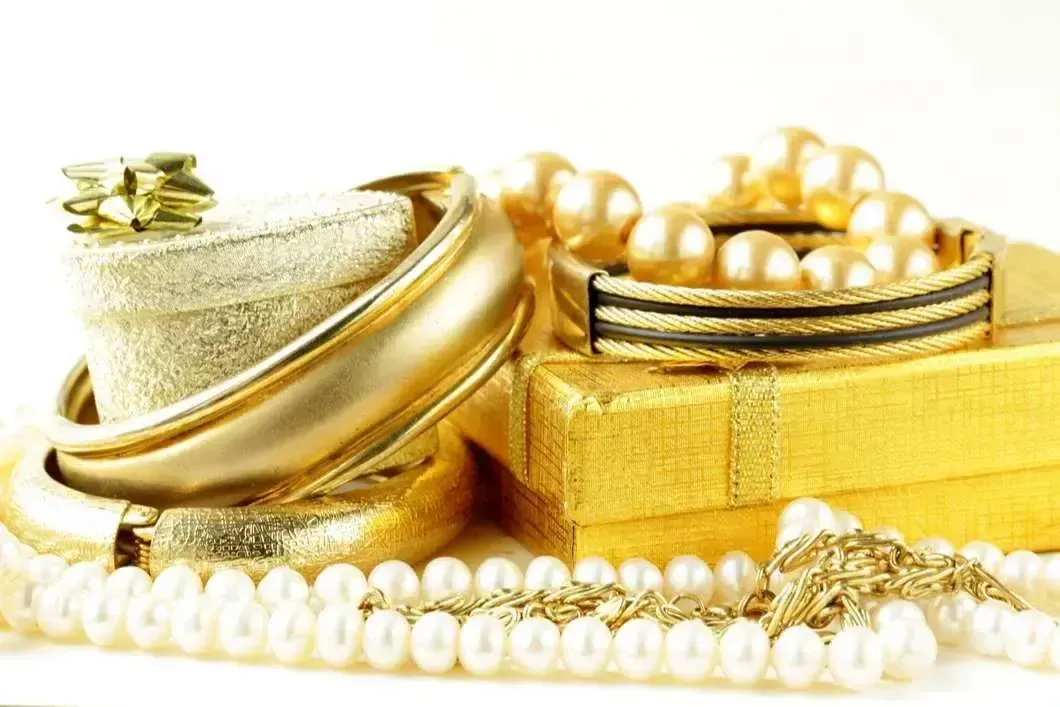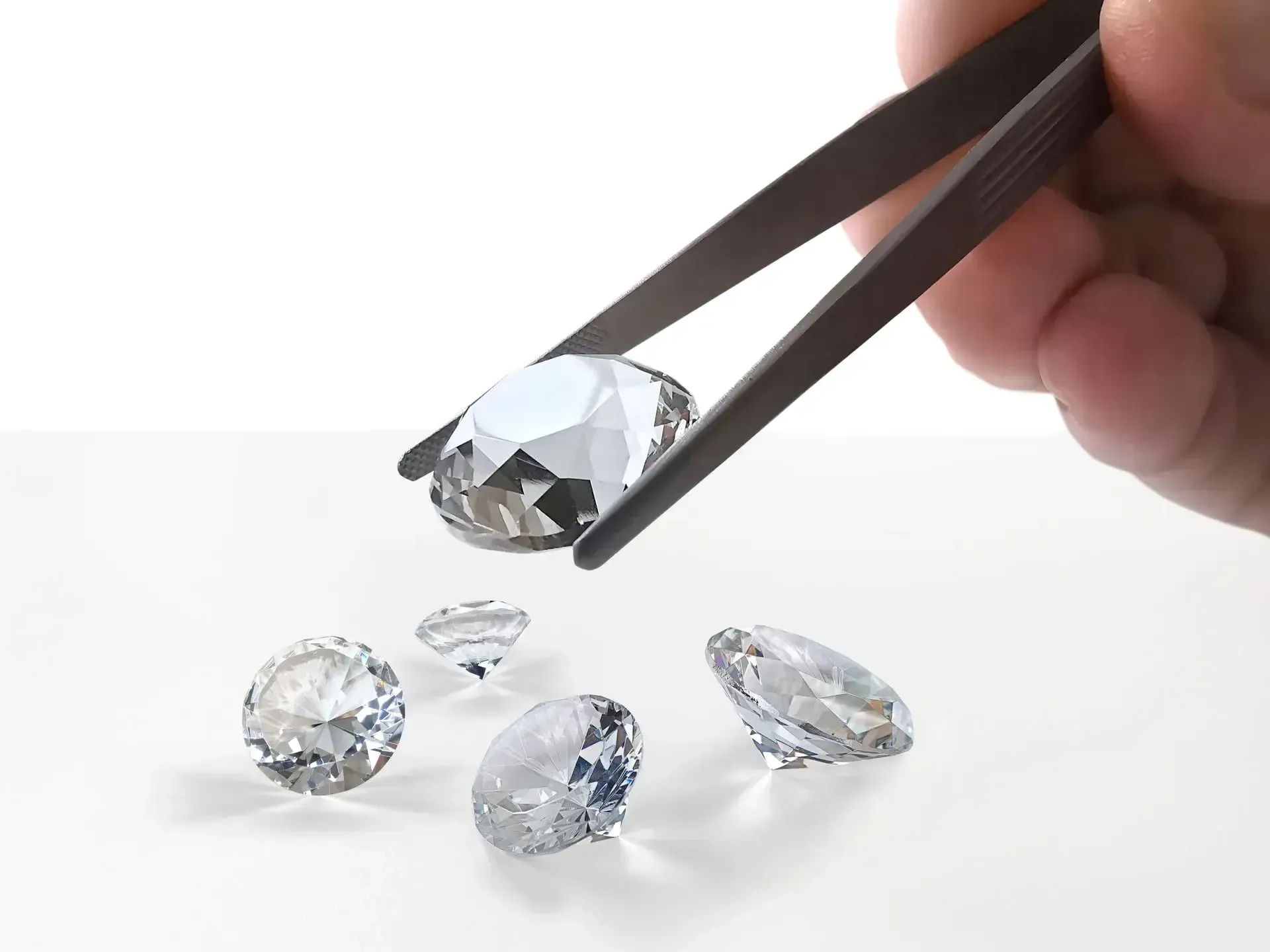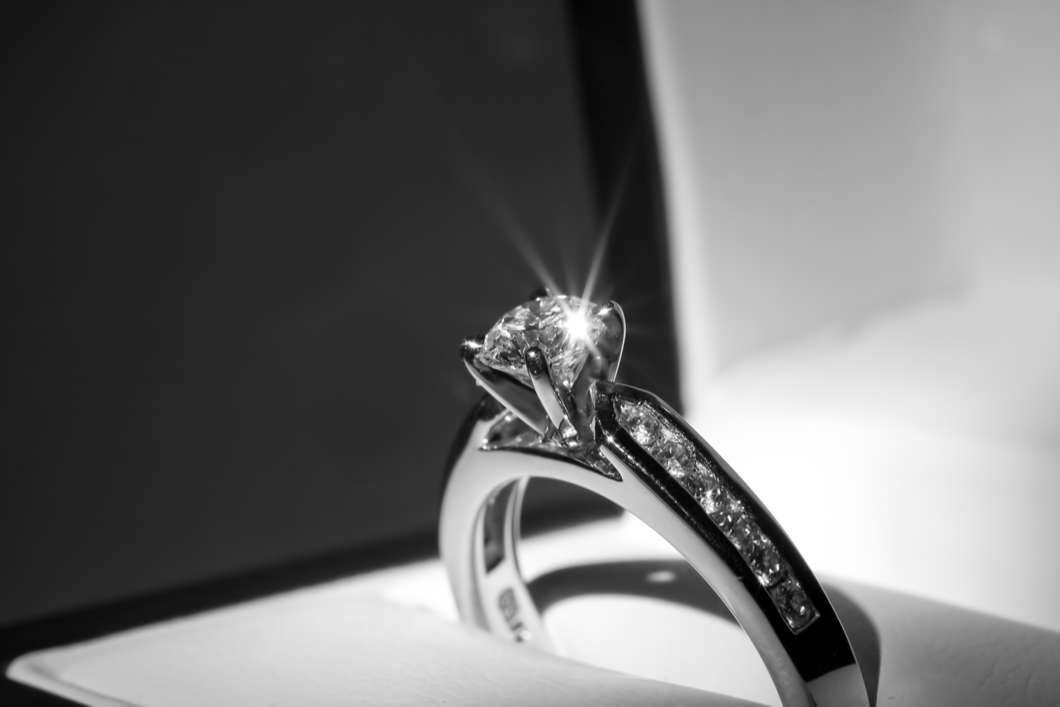How to Clean Jewelry: A Step-by-Step Guide to Preserving Shine and Value
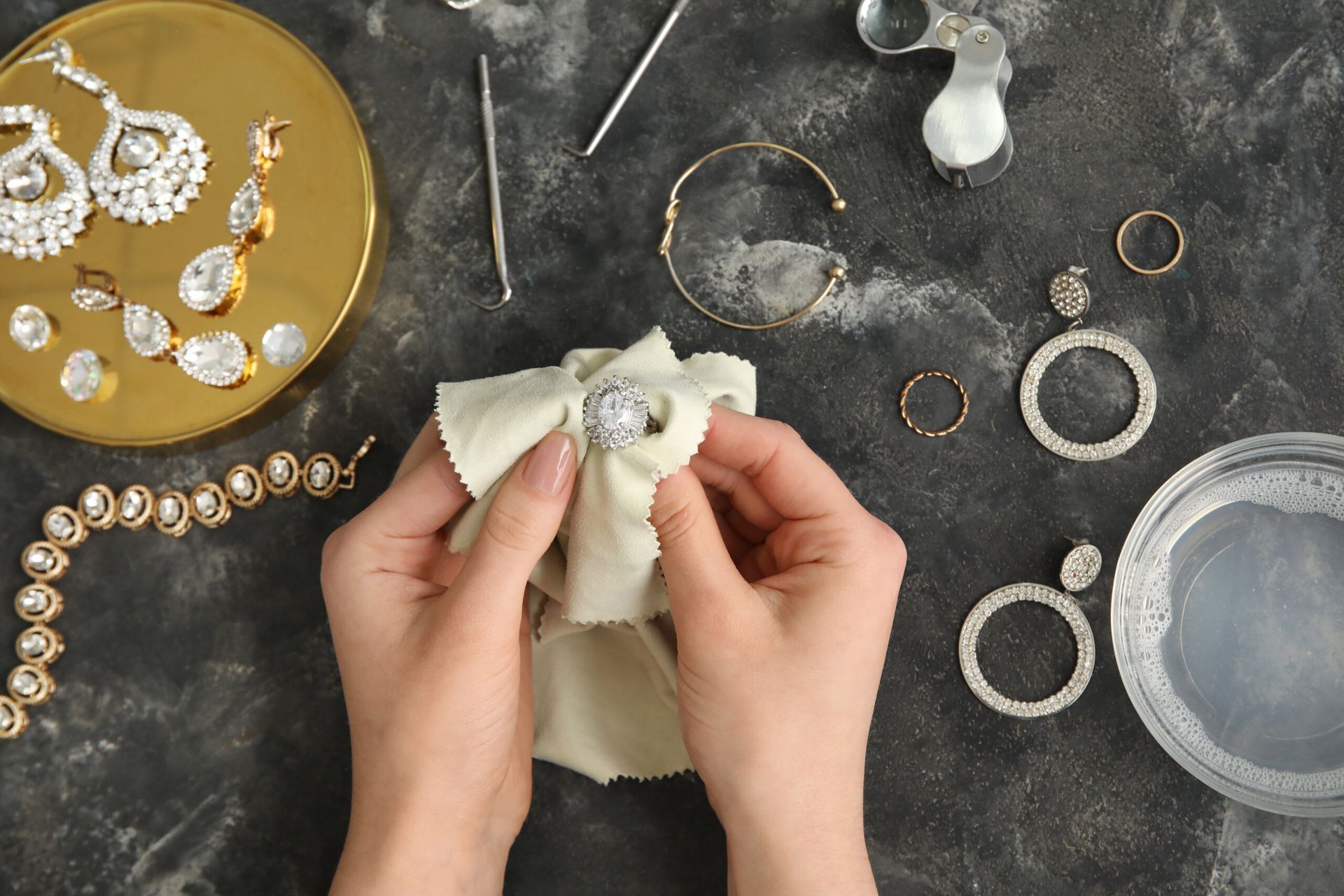
Table of Contents:
- How to Clean Jewelry: A Step-by-Step Guide to Preserving Shine and Value
- 1. Understanding Your Jewelry
- 2. Gather Your Supplies
- 3. Cleaning Gold and Platinum Jewelry
- Step 1: Prepare a Cleaning Solution
- Step 2: Soak the Jewelry
- Step 3: Scrub Gently
- Step 4: Rinse and Dry
- 4. Cleaning Silver Jewelry
- Step 1: Prepare a Silver Cleaning Solution
- Step 2: Soak and Clean
- Step 3: Scrub and Rinse
- 5. Cleaning Diamond Jewelry
- Step 1: Make a Cleaning Solution
- Step 2: Soak and Clean
- Step 3: Rinse and Dry
- 6. Cleaning Gemstone Jewelry
- Step 1: Identify the Gemstone
- Step 2: Clean Carefully
- Step 3: Rinse and Dry
- 7. Cleaning Antique Jewelry
- Step 1: Assess the Condition
- Step 2: Use Gentle Methods
- Step 3: Dry Carefully
- Conclusion
- Additional Tips
- Protect and Value Your Jewelry with Bay Appraisals Jewelry
- Frequently Asked Questions (FAQs) - How to Clean Jewelry
- 1. What should I know before getting an appraisal for my engagement ring?
- 2. How can estate appraisal benefit my estate planning?
- 3. What role do jewelers play in the liquidation process?
- 4. Why should I choose a fine watches appraiser for my luxury timepieces?
- 5. How do jewelry stores assist with moving and valuing my jewelry?
1. Understanding Your Jewelry
Before you begin cleaning, it’s important to identify the type of jewelry you have. Each material and gemstone requires different care techniques to prevent damage and maintain its appearance. Understanding what you’re dealing with will guide you in choosing the best cleaning method. Here’s the overview:
- Gold and Platinum Jewelry: Known for their durability and shine, these metals can still tarnish over time and need regular maintenance.
- Silver Jewelry: Prone to tarnishing, silver requires more frequent cleaning and special care.
- Diamond Jewelry: Diamonds are tough but require gentle cleaning to avoid any damage to their setting.
- Gemstones: Various gemstones have different levels of hardness and sensitivity, which affects how they should be cleaned.
- Antique Jewelry: Often delicate, antique pieces may need extra care to preserve their historical and monetary value
2. Gather Your Supplies
Having the right tools and materials is essential for effective and safe jewelry cleaning. This section covers the basic supplies you’ll need to clean your jewelry properly, ensuring that your pieces are treated with the care they deserve. To clean your jewelry effectively, you’ll need:
- Mild Dish Soap: A gentle, non-abrasive soap helps to clean without causing damage.
- Soft-Bristled Toothbrush: Ideal for scrubbing intricate designs and settings.
- Lint-Free Cloth: For drying and polishing your jewelry.
- Jewelry Cleaner: Optional, but choose a cleaner suited to your specific jewelry type.
- Warm Water: To help dissolve soap and rinse residues.
3. Cleaning Gold and Platinum Jewelry
Gold and platinum are durable metals, but they still require regular cleaning to remove dirt and tarnish. This section provides a straightforward method for cleaning these precious metals to restore their natural luster and maintain their appearance.
Step 1: Prepare a Cleaning Solution
Mix a few drops of mild dish soap in a bowl of warm water. This solution is suitable for both gold and platinum jewelry.
Step 2: Soak the Jewelry
Place your gold or platinum jewelry into the solution and let it soak for about 10-15 minutes.
Step 3: Scrub Gently
Using a soft-bristled toothbrush, gently scrub the jewelry, paying special attention to any areas with buildup or dirt.
Step 4: Rinse and Dry
Rinse the jewelry thoroughly under warm running water and then dry it with a lint-free cloth. This helps in avoiding water spots and preserving the shine.
4. Cleaning Silver Jewelry
Silver jewelry tends to tarnish more quickly than gold or platinum. Regular cleaning is essential to maintain its shine and prevent discoloration. Follow these steps to effectively clean your silver jewelry and restore its brilliance.
Step 1: Prepare a Silver Cleaning Solution
Mix a few drops of mild dish soap in warm water. Alternatively, use a silver polish designed specifically for silver jewelry.
Step 2: Soak and Clean
Soak the silver jewelry for 10-15 minutes. For heavily tarnished items, you may use a silver cleaning cloth or specialized silver cleaner.
Step 3: Scrub and Rinse
Gently scrub the jewelry if needed and rinse under warm water. Dry thoroughly with a lint-free cloth to prevent tarnish from returning.
5. Cleaning Diamond Jewelry
Diamonds are known for their brilliance and durability, but they still require proper cleaning to maintain their sparkle. This section provides a gentle method for cleaning diamond jewelry, ensuring that your diamonds remain radiant and free from dirt and residue.
Step 1: Make a Cleaning Solution
Combine warm water with a few drops of mild dish soap.
Step 2: Soak and Clean
Soak the diamond jewelry for 15-20 minutes. Use a soft brush to clean the setting and underneath the diamond.
Step 3: Rinse and Dry
Rinse the jewelry with warm water and dry it with a lint-free cloth to maintain its sparkle.
6. Cleaning Gemstone Jewelry
Gemstones vary greatly in hardness and sensitivity, which affects how they should be cleaned. Proper cleaning techniques are crucial to avoid damaging these beautiful stones. This section covers general cleaning methods suitable for a wide range of gemstones.
Step 1: Identify the Gemstone
Check the specific cleaning recommendations for your gemstone, as some may be sensitive to water or chemicals.
Step 2: Clean Carefully
Use a mild soap solution and a soft brush to clean the gemstone. Avoid soaking if the gemstone is porous or delicate.
Step 3: Rinse and Dry
Rinse gently under warm water and dry with a soft cloth
7. Cleaning Antique Jewelry
Antique jewelry often requires extra care due to its age and delicacy. Special cleaning techniques help preserve its historical and monetary value while ensuring it remains in good condition. Follow these steps to clean antique jewelry carefully.
Step 1: Assess the Condition
Evaluate the condition of your antique jewelry for any loose stones or fragile settings.
Step 2: Use Gentle Methods
Clean with a mild soap solution and a soft brush. Avoid aggressive scrubbing and soaking.
Step 3: Dry Carefully
Pat dry with a lint-free cloth and consider professional cleaning for high-value or delicate antiques.
Conclusion
Proper cleaning and maintenance are essential for preserving the beauty and value of your jewelry. By understanding the materials and following these detailed steps, you can keep your pieces sparkling and in top condition.
Additional Tips
To keep your jewelry looking its best, consider these additional tips for prevention and maintenance. Proper storage and regular care can significantly extend the life and beauty of your precious pieces.
Avoid Harsh Chemicals:
Do not use bleach, ammonia, or abrasive cleaners as they can damage the jewelry.
Regular Cleaning: Establish a regular cleaning routine to prevent tarnish and buildup.
Professional Cleaning: For high-value or delicate pieces, consider professional jewelry appraisal and cleaning services to ensure proper care.
Protect and Value Your Jewelry with Bay Appraisals Jewelry
Are you looking for expert care and precise valuation for your precious pieces? At Bay Appraisals Jewelry, our experienced jewelry appraisers in El Paso, TX, offer comprehensive jewelry appraisal services, including estate jewelry appraisal, Rolex appraisal, and Rolex authentication.
Whether you have a family heirloom, a fine watch, or any piece of jewelry that needs expert attention, we provide accurate assessments to determine its fair market value. Serving El Paso, TX, as well as Horizon, TX, Scorro, TX, Las Cruces, NM, and Sunland Park, NM, our team brings years of experience to ensure your jewelry is evaluated with the utmost professionalism.
Whether you need to sell jewelry, get an estate appraisal, or simply understand the value of your precious items, Bay Appraisals Jewelry is your trusted partner. Contact us today to schedule your appointment with our expert jewelry appraisers and discover the true value of your treasured possessions.
Frequently Asked Questions (FAQs) - How to Clean Jewelry
What should I know before getting an appraisal for my engagement ring?
When getting an appraisal for your engagement ring, ensure that the appraiser is a master gemologist appraiser or accredited by a reputable organization. This guarantees a detailed evaluation of the ring’s value based on its quality, gemstone, and market conditions.
How can estate appraisal benefit my estate planning?
Estate appraisal helps in valuing all assets accurately, including fine jewelry, for effective estate planning. Accurate appraisal of estate jewelry and other valuables ensures proper distribution, tax planning, and adherence to legal requirements during estate sales or liquidation.
What role do jewelers play in the liquidation process?
Jewelers, particularly those experienced in liquidation, help in valuing and selling jewelry pieces. They provide expert advice on the fair market value of pieces, ensuring a smooth transition during liquidation or estate sales.
Why should I choose a fine watches appraiser for my luxury timepieces?
A fine watches appraiser specializes in valuing high-end watches, ensuring accurate assessments of their worth. Their expertise is crucial for understanding the value of luxury watches, especially when considering estate planning or liquidation
How do jewelry stores assist with moving and valuing my jewelry?
Jewelry stores can provide temporary storage solutions and assist in moving valuable pieces. They may also offer appraisal services to evaluate the jewelry’s value during a move, ensuring that your pieces are insured properly and accurately valued for estate planning or sales.

